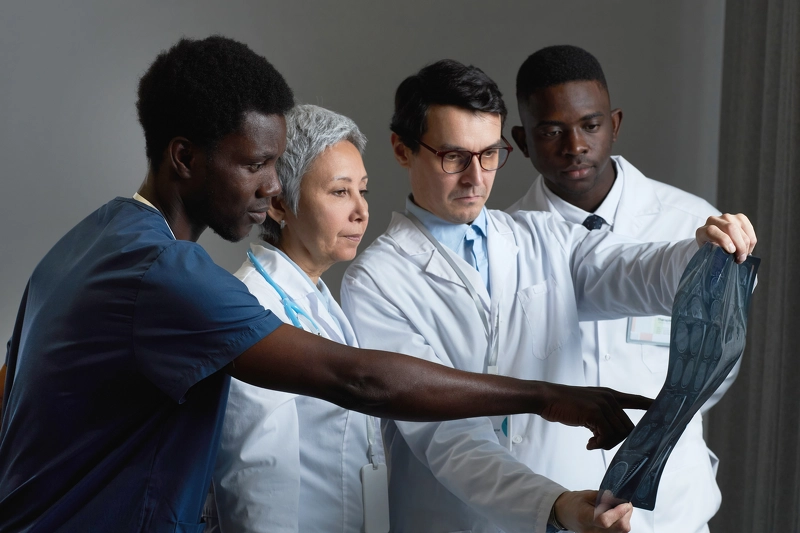Allied care solutions

True healthcare excellence requires collaboration—and allied care solutions are a vital part of that ecosystem. At our healthcare services company, we bring together a multidisciplinary team of allied health professionals to provide seamless, holistic care. From physical therapists and dietitians to medical technologists and social workers, allied care supports the full spectrum of recovery and wellness. This article outlines the importance of allied health, how it complements medical care, and the value of integrated services.
What Are Allied Care Solutions?
Allied care encompasses a range of supportive clinical services provided by trained specialists who are not doctors or nurses. This includes:
- Rehabilitative Services: Physical, occupational, and speech therapy for recovery and mobility.
- Nutritional Guidance: Support from registered dietitians to manage health through food.
- Diagnostic and Technical Services: Imaging, lab testing, and monitoring to aid accurate treatment.
These services play a critical role in healing, long-term care, and improving daily function.
Benefits of Coordinated Allied Health Support
Integrated allied care ensures patients receive well-rounded treatment that addresses their full spectrum of needs. Advantages include:
- Faster Recovery: Tailored rehab programs speed up healing and restore independence.
- Continuity of Care: Allied teams work closely with physicians to provide consistent support.
- Patient Empowerment: Education and hands-on therapy help individuals become active participants in their care.
Allied professionals fill the critical gap between diagnosis and daily living—delivering compassionate, effective care when it’s needed most.
Conclusion: Whole-Person Support for Every Stage of Health
Allied care solutions are essential to delivering whole-person healthcare. Whether helping someone regain mobility, manage nutrition, or adjust to life after hospitalization, these services provide the specialized expertise and attention every patient deserves. Together with primary and specialty care, allied health ensures no part of a person’s health is left behind.






